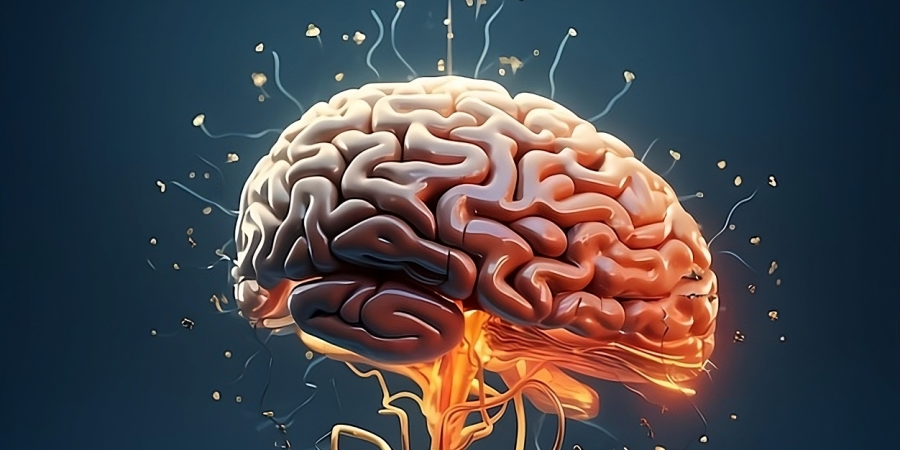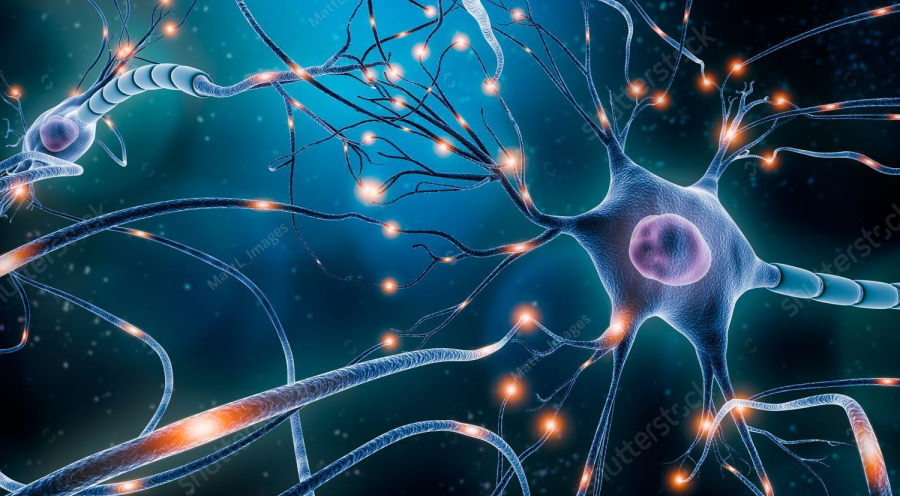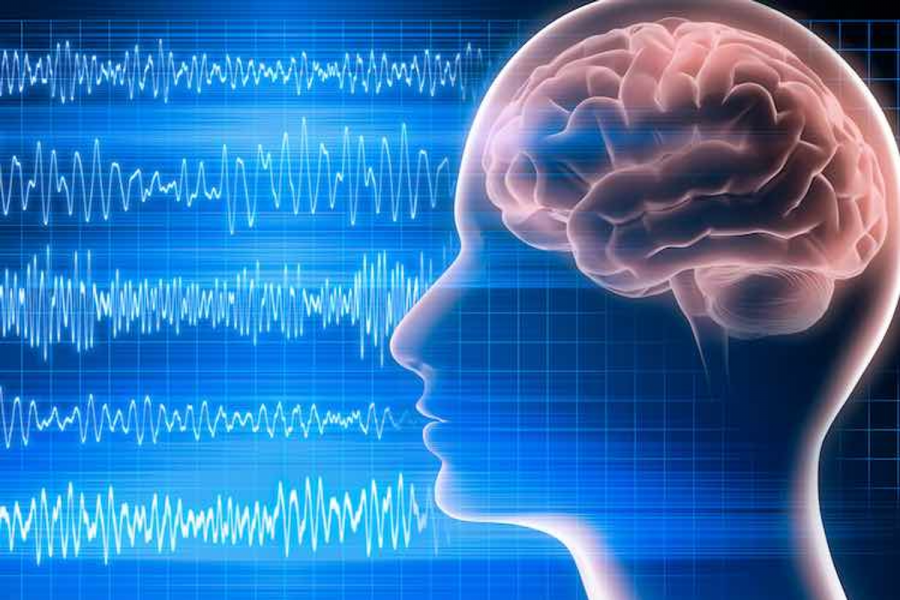

Title: Unraveling the Wonders of the Human Brain
The human brain, a marvel of evolution, is the most complex organ in the body. Weighing about 3 pounds, this organ controls everything we do, from the simplest reflexes to the most intricate thoughts and emotions. In recent decades, scientists have made significant strides in understanding its structure and function, yet it remains one of the greatest mysteries of the natural world.

At its core, the brain consists of billions of nerve cells called neurons, interconnected through a vast network of synapses. These neurons communicate with each other through electrical and chemical signals, forming the basis of all brain activity. Through this intricate web, the brain processes sensory information, regulates bodily functions, and generates thoughts and emotions.
One of the brain's most remarkable abilities is its plasticity—the capacity to adapt and reorganize in response to experience. Throughout our lives, our brains undergo constant changes in structure and function, shaped by our interactions with the environment. This plasticity underlies learning, memory, and recovery from injury, highlighting the brain's remarkable resilience.
The brain is organized into specialized regions, each responsible for different functions. The cerebral cortex, the outermost layer, is divided into four lobes—frontal, parietal, temporal, and occipital—each playing a unique role in cognition, perception, and motor control. Deeper structures, such as the hippocampus and amygdala, are involved in memory and emotional processing.

Neuroscientists employ various techniques, including brain imaging and electrophysiology, to study the brain's structure and function. Advances in technologies like functional magnetic resonance imaging (fMRI) have enabled researchers to observe brain activity in real-time, providing valuable insights into cognitive processes and disorders.
Despite our progress, much about the brain remains unknown. Neurological and psychiatric disorders, ranging from Alzheimer's disease to schizophrenia, continue to present significant challenges. Understanding the brain's complexities is crucial for developing effective treatments and interventions for these conditions.
Moreover, the ethical implications of brain research are profound. As our understanding of the brain grows, so too does the potential to manipulate it—raising questions about cognitive enhancement, privacy, and personal identity.
In conclusion, the human brain is a marvel of nature, with its complexity and adaptability continuing to inspire awe and fascination. While we have made great strides in unraveling its mysteries, much remains to be discovered. As we delve deeper into the workings of the brain, we not only expand our scientific knowledge but also gain insights into what it means to be human.
🌷🌷🌷
